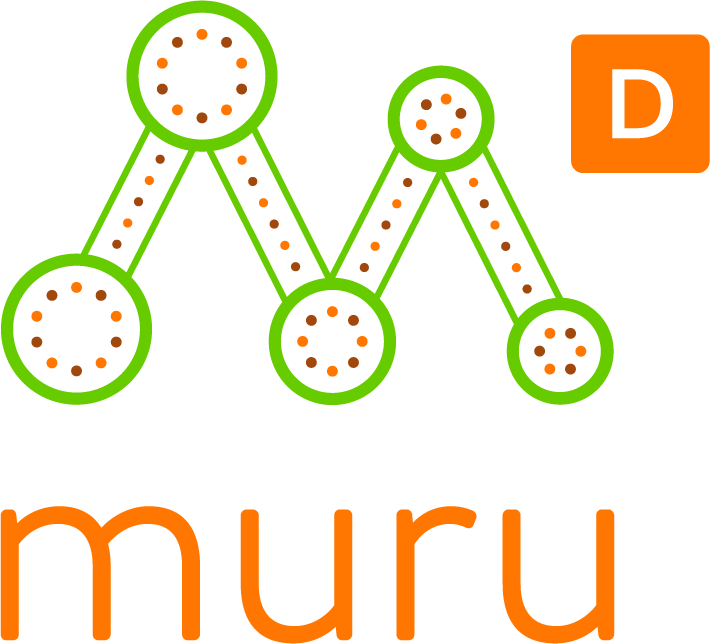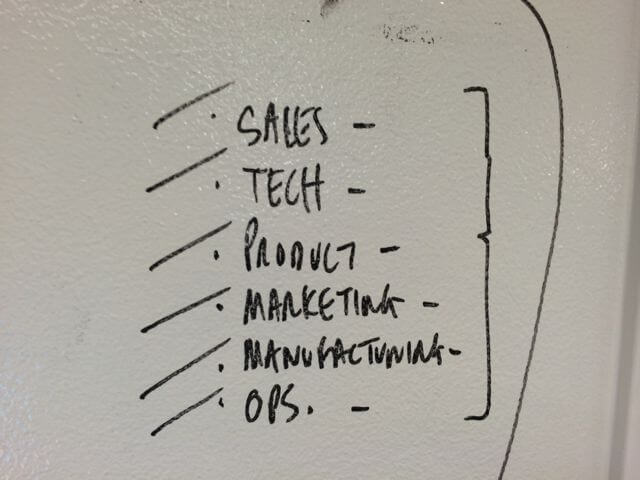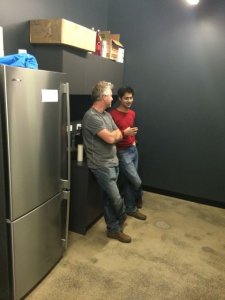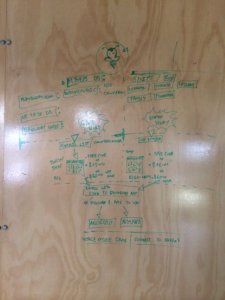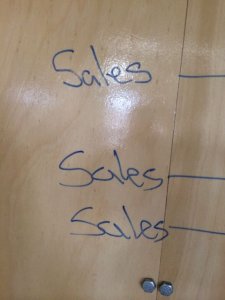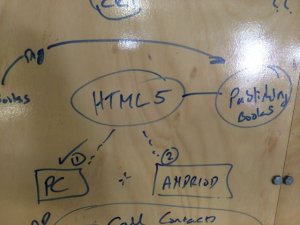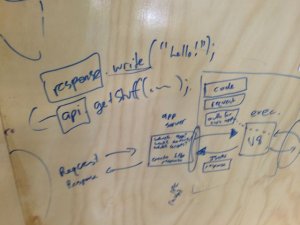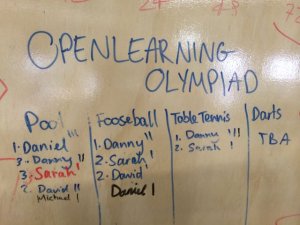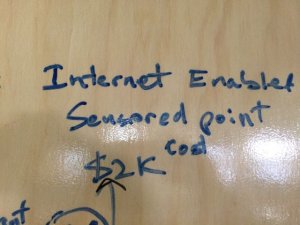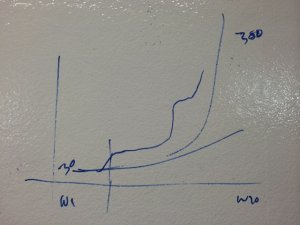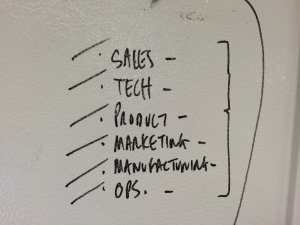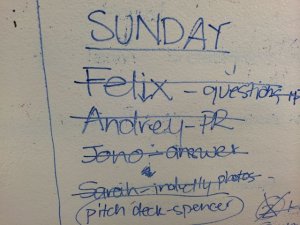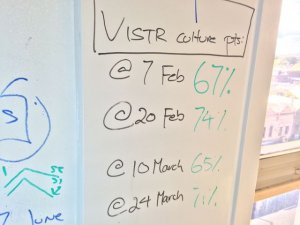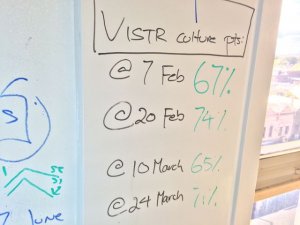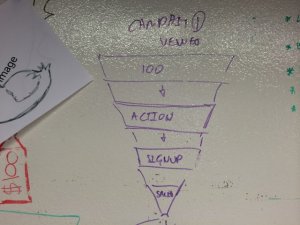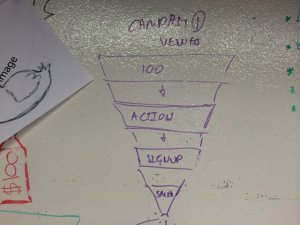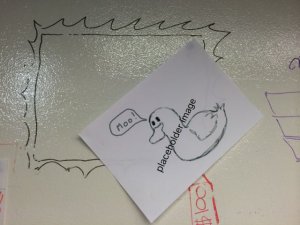Observations and photos from an accelerator
On August 14, the first batch of 9 companies finish up the muru-D tech accelerator program with a big demo night. So what is it all about and how has it gone?
muru-D is an accelerator backed by Telstra (with capital and support). The goal for Telstra is to build the local ecosystem, drive a culture of innovation internally and make a meaningful impact on some high potential, high risk technology companies.
I’ve been deep in an incubator service with Pollenizer and on the side with Startmate but never right in the middle of it all. Until now. Here are some observations
Which startups get the most out of an accelerator?
- Hustlers – the speed by which you come into a program impacts how much acceleration happens. You can come in early or late, but if you’re moving slow, the impact will be much less. If you are talking to customers every day, doing tests every week and flearning constantly, then the impact
- Too early – if you don’t have a prototype, haven’t spoken to customers and to some degree haven’t succeeded a bit and failed a bit, then you are probably not ready. Unless you’re moving very fast, it will take you too long to learn what you need to
- Too late – if you’ve already got product market fit and just want to scale, then the value will be less. Or if you think you’ve there as well, then you won’t listen to the advice.
- Willingness to learn – coming to an accelerator is an admission that you have much to learn (though this applies to everyone really). You will have access to people you normally have to pay $1,000’s for. While your customers and code will be calling, you will not make the most out of it if you don’t carve aside some time to sit still and learn.
- Polite Stubbornness – regarding advice, you have to listen a lot, be thankful, then ignore most of it (or park it for later). Partly because you will know better because you are deeper in it, and partly because much of it will conflict. But in the 100 tiny bits of feedback will be a few gems that will make the difference between success and failure. There is no way to know which ones – that’s the job.
- Follow through – one form of input will be introductions. This is partly to help you but also partly to test you. One of my biggest lessons is that advisors that are potentially investors will see how you execute by how you manage an introduction. Do you follow it up immediately? Do you send a thank you and update afterwards? How did the session go? It’s due diligence by network. Like with advice, you don’t have to meet everyone, but you should always be very respectful and communicate clearly what you will do with it.
- Family builders – for this stage of company you cannot do it alone. The best companies were able to sell a vision, show execution and get advisors committed mentally and financially. These advisors make you think bigger, push you harder, introduce you to massive networks, focus you (and unfocus you at times) and work for you for ‘free’. My rough guess is that the right advisor at this stage can double your value overnight. The people running the program, like me, are split across multiple companies, nine in our case. They can’t possibly go deep enough on any one of them, and when the six months is over, the accelerator managers move on to the next batch. Who is going to stay with you for the long haul? Build an advisory board fast.
- Team is everything – despite all companies having some progress, multiple of the nine had major team changes over the six months. This is consistent with Startmate and Pollenizer startups too. The team will most likely change. Take care in bringing people on board, especially co-founders and if there is an issue, confront it straight away. Festering problems can kill you quickly and you don’t have time to ‘see how things go’.
- Brutal honesty – it’s clear that prior to getting accepted everyone is pitching. Once you are in though, it’s critical that you are brutally honest with everyone. Yourself, your co-founders, the accelerator team, your mentors and advisors. If they are any good, then they know it’s probably bad and definitely very hard, so you’re better off being honest.
- Sharers – many of the teams got incredible value from the other companies in the program. This was partly just by being close to each other, but it’s greatly increased by investing in it. Asking questions, getting coffees together, offering feedback. You’re in the same boat, and you can learn a lot from each other, even if you’re businesses are very different.
That last point illustrates perhaps the main overriding principle – you will get out what you put in.
If you’d like to come along, meet the teams and find out more about the next program, see if there are any more tickets left here:
Hat tips for content in this post to Jeremy Kwong, Ben Reid, Annie Parker.
Hat tip for a huge contribution to this batch of companies – Terry Hilsberg, Andrey Shirben and Andrew Coppin.
Photos
Here are some photos of things found on the whiteboards of muru-D.
